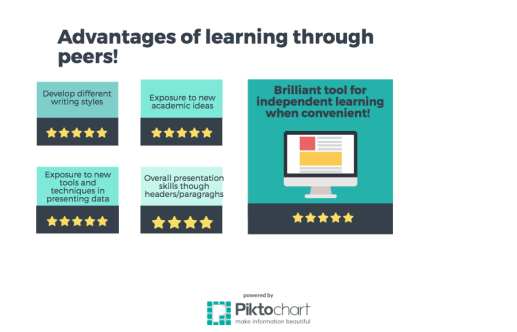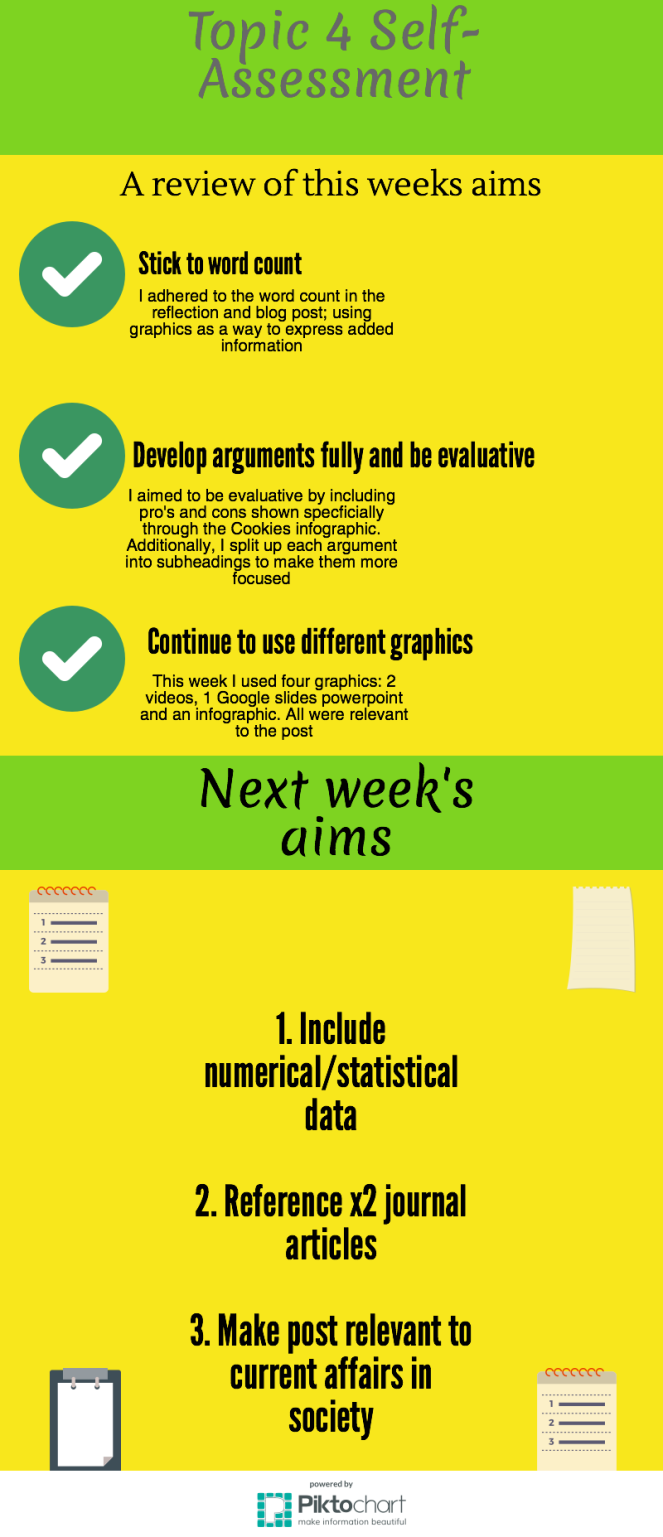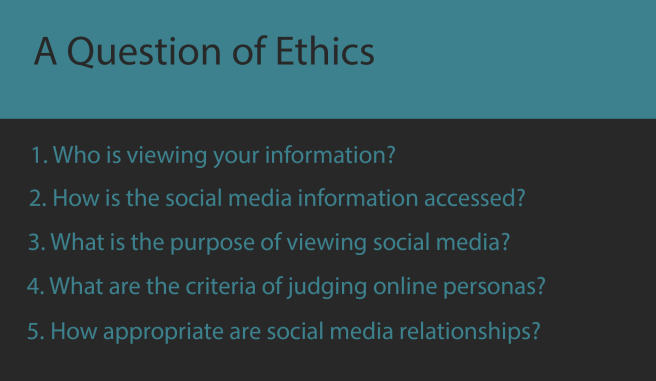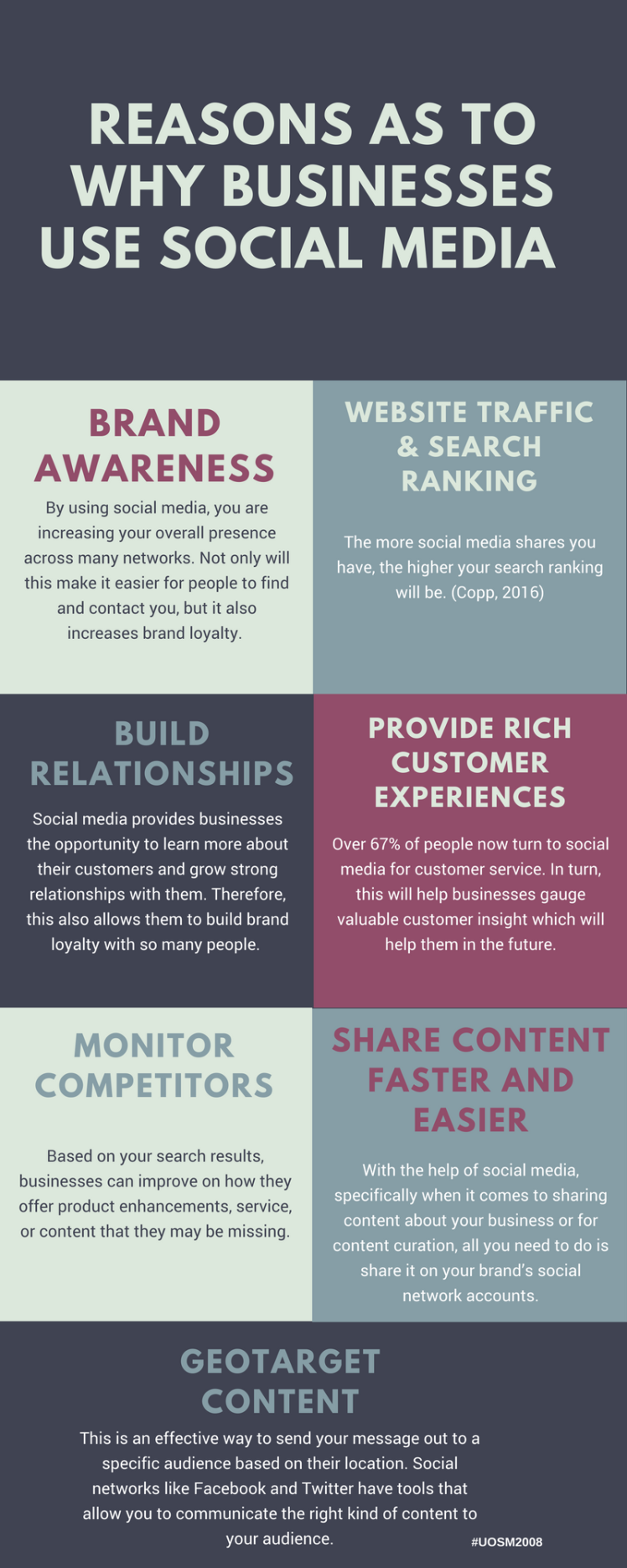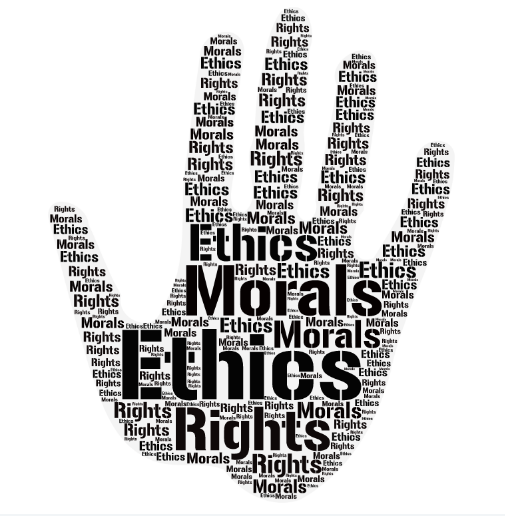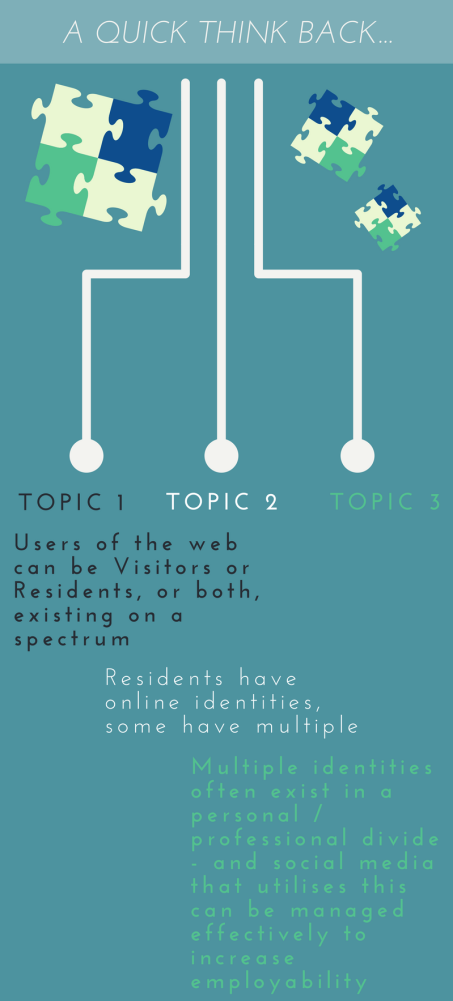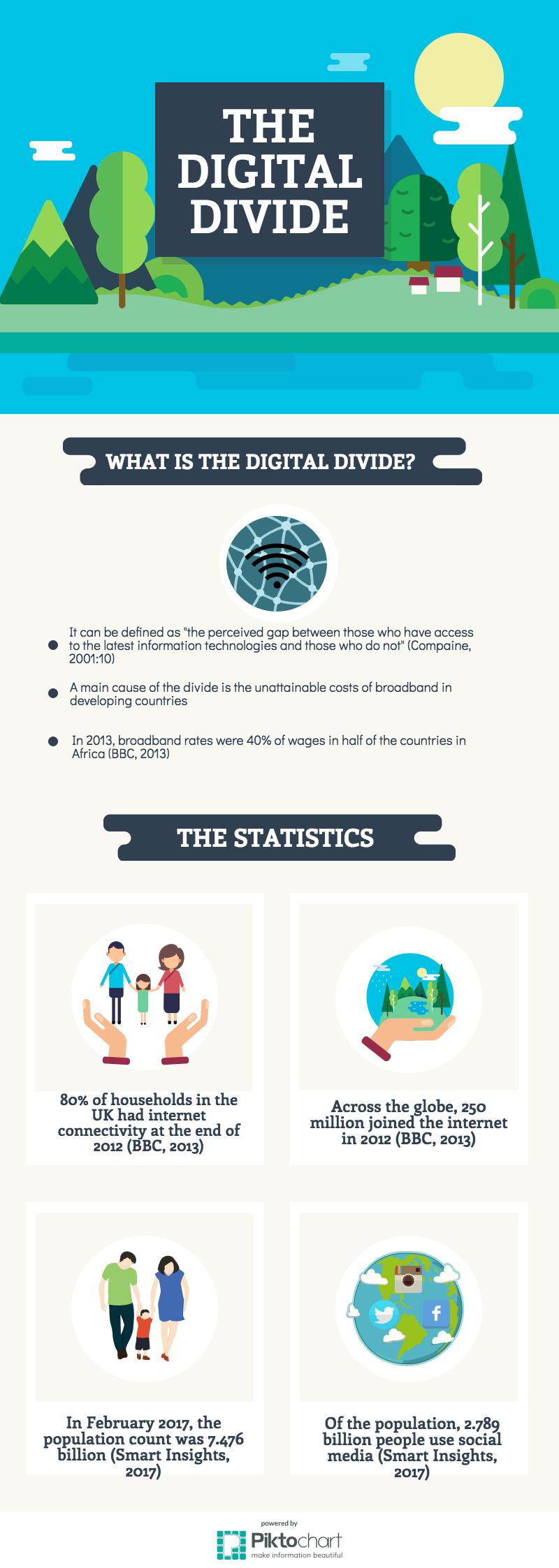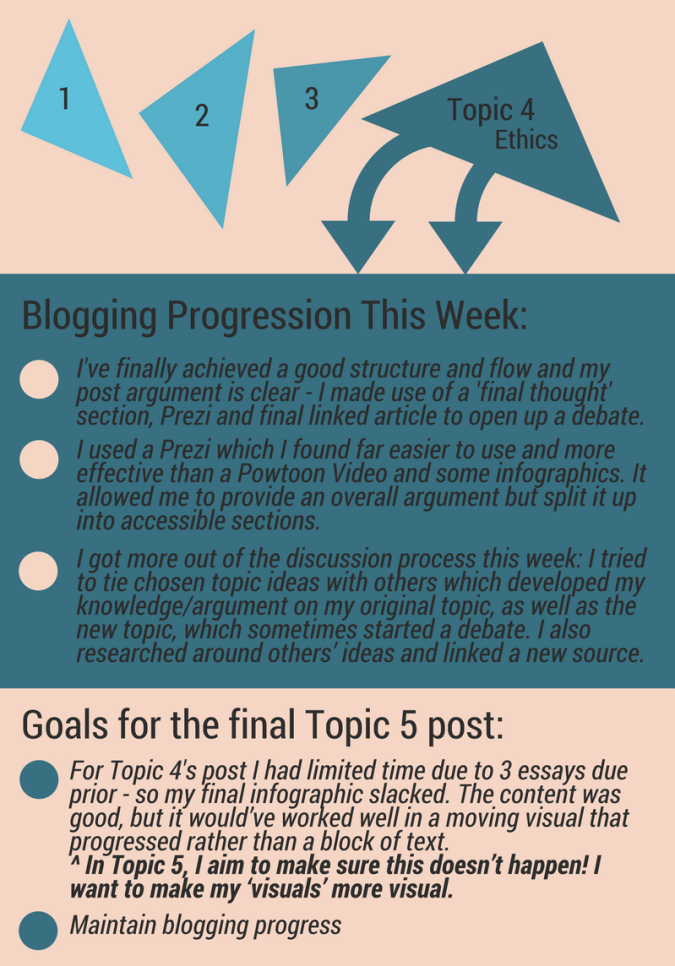
Topic 4 Reflection
Topic 4 asked us to focus on just 1 ethical issue and so an exploration of other posts this week has been especially rewarding as I have learnt about many different issues. It’s also enabled me to apply ethical considerations associated with social media screening (my post’s focus) to other ideas, developing my understanding of these as well as ‘screening’ through discussions.
Continue reading →





